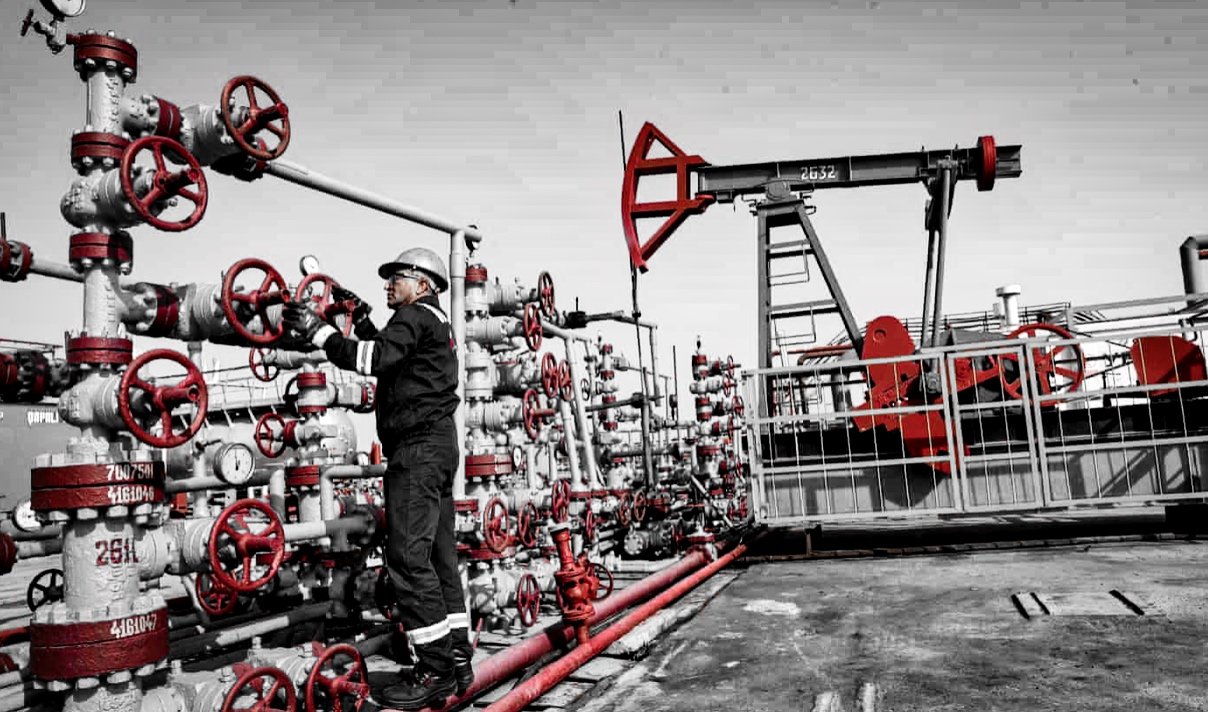United Nations policy of sharing climate conferences among the world’s regions means next year’s meeting will be held in another petrostate. Politics trumps climate policy — again.
Saturday’s “Global Day of Action,” in which climate campaigners from around the world staged demonstrations at an already fractious CoP28 meeting in the UAE, produced yet another disconnect. Next year’s climate conference — or what’s left of climate anyway — will be hosted by the unitary semi-presidential Republic of Azerbaijan, a petrostate rich in oil and gas with many, many pipelines.
So much for the idea of rolling back the world’s reliance on emissions-causing fossil fuels, let alone phasing fossil fuels out entirely.
The Southern Gas Corridor connects Azerbaijan’s vast Shah Deniz gas field to continental Europe, reducing the EU’s dependence on Russian gas — making it one of the most active regions in the world for oil exploration and development. Hoopla!
If you’re wondering how a petrostate ended up hosting the UN’s most high-profile conference on the environment — for the second year in a row — blame war.
UN policy means that 2024 is Eastern Europe’s turn to take over the rotating presidency. The decision has to be unanimous. In theory, that’s good policy for a global organization that claims to represent every region of the world, though in practice it often results in decisions that satisfy no one. Russia vetoed EU countries from hosting — don’t cry for me, Ukraine — and Armenia initially blocked Azerbaijan’s bid. Azerbaijan seized the Armenian enclave of Nagorno-Karabakh in September after more than 30 years of simmering tensions, forcing some 120,000 ethnic Armenians to flee their homes in what Foreign Policy magazine called “one of the starkest examples of forced displacement in the 21st century.” This was about four weeks before the conflagration in Gaza, and follows on the heels of Russia’s invasion of eastern Ukraine, which has stalled in the bloodiest stalemated conflict in Europe since the Second World War.
Late last week, in a desperate bid to forge a peace deal, Armenia — hopelessly overmatched militarily against Azerbaijan — withdrew its own bid to host CoP29 and agreed to support its tormentor. Money talks. The reality is that few countries in Eastern Europe are able to stump up the finances and facilities needed to host such a large conference, and Russia’s threatened veto against EU countries ruled out benign candidates like the democratic republic of Slovenia — it’s governed by a democratically elected prime minister as the head of government and a democratically elected president as head of state!
Never mind that, by most accounts, Slovenia — a mostly mountainous and forested country bordered by Italy to the west, Austria to the north, Hungary to the northeast, Croatia to the south and the Adriatic Sea to the southwest — would have made an ideal host for a global climate conference.
What the hell had this got to do with the climate crisis, you might well ask. Welcome to realpolitik in the 21st century.
“Choosing Azerbaijan as a host will do little to quell protests from climate (campaigners) that (global climate conferences) have been … captured by fossil fuel interests,” The Guardian reported Saturday. “Much like this year’s host, the country of 10 million people on the border of Eastern Europe and Western Asia relies heavily on digging up fuels that heat the planet when burned.
“Oil and gas production accounted for nearly half of the country’s GDP and over 92.5% of its export revenue last year, according to the US government’s International Trade Administration.”
Alrighty then!
Business as usual, in other words.






